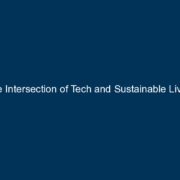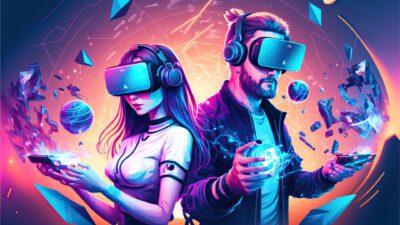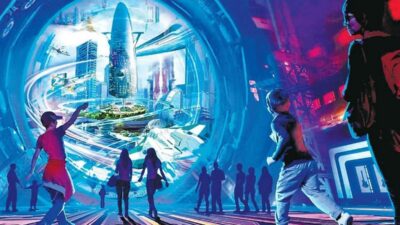In the digital age, technology has become an integral force shaping the landscape of the music industry. From production and distribution to consumption and collaboration, this blog explores the profound influence of technology on every facet of the music ecosystem, ushering in an era of transformative change.
I. Digital Revolution in Music Production
Digital Audio Workstations (DAWs)
The advent of Digital Audio Workstations revolutionized music production. DAWs like Pro Tools, Ableton Live, and Logic Pro replaced traditional recording studios with powerful software, allowing artists to create, edit, and produce music in a digital environment.
Virtual Instruments and Synthesis
Virtual instruments and synthesizers enabled musicians to explore a vast array of sounds without the need for physical instruments. Sampling technology and virtual synthesizers opened new creative possibilities, shaping the sonic landscapes of modern music.
II. Distribution in the Digital Age
Streaming Platforms Reshape Distribution
Streaming services such as Spotify, Apple Music, and Amazon Music have transformed the distribution of music. Artists can reach global audiences instantly, and consumers enjoy on-demand access to an extensive catalog of songs, fostering a shift away from physical media.
Independent Distribution and DIY Artists
Technology has empowered independent artists to distribute their music without traditional record label support. DIY platforms and social media allow musicians to build their fanbase, release music independently, and retain greater control over their careers.
III. Tech-Driven Changes in Music Consumption
Personalized Playlists and Recommendations
Algorithms and machine learning algorithms power personalized playlists and recommendations on streaming platforms. These features analyze user preferences to curate playlists, introducing listeners to new artists and genres based on their tastes.
Immersive Music Experiences
Virtual Reality (VR) and Augmented Reality (AR) technologies have opened new frontiers in immersive music experiences. Virtual concerts, interactive music videos, and AR-enhanced album covers provide fans with engaging and interactive ways to experience music.
IV. Collaboration in the Digital Space
Remote Collaboration Platforms
Technology has eliminated geographical barriers in music collaboration. Artists can collaborate remotely using platforms like Zoom, Slack, and cloud-based storage, enabling seamless sharing of ideas and files across the globe.
Online Music Collaboration Tools
Dedicated online platforms, like Splice and BandLab, offer collaborative workspaces for musicians. These tools facilitate real-time collaboration on music projects, from composing and recording to mixing and mastering.
V. Protection and Monetization of Intellectual Property
Blockchain in Music
Blockchain technology is being explored to address issues of copyright and royalty management. Smart contracts on blockchain platforms can automate royalty payments, ensuring fair compensation for artists and reducing the complexities of traditional licensing.
Digital Rights Management (DRM)
Digital Rights Management tools protect artists’ intellectual property by controlling the distribution and use of digital content. DRM ensures that music is accessed and used according to the terms set by the content owners, protecting against unauthorized sharing and piracy.
VI. Live Music and Event Technology
Virtual Concert Platforms
Virtual concert platforms, such as StageIt and Veeps, leverage live-streaming technology to bring performances directly to audiences’ screens. Artists can connect with fans globally, expanding the reach of live music experiences.
Event Ticketing Technology
Technology has streamlined the ticketing process for live events. Mobile ticketing, dynamic pricing, and blockchain-based ticketing systems enhance the efficiency and security of ticket transactions.
Conclusion
As technology continues to evolve, its influence on the music industry remains dynamic and transformative. From the digital revolution in production to the democratization of distribution, technology has reshaped how music is created, consumed, and shared. The seamless collaboration facilitated by digital tools, the protection of intellectual property through blockchain, and the rise of immersive experiences exemplify the multifaceted impact of technology on the music ecosystem. As the industry embraces these technological advancements, the future promises even more innovation, blurring the lines between creativity, accessibility, and connectivity.



















Comments